
Organizational Chart Architect - tool for creating organizational charts

Ready to assist in creating your organizational chart!
AI-powered organizational chart creation
Craft an org chart for a new tech firm.
Develop an org chart for a charity.
Design an org chart for a global company.
Formulate an org chart for a small enterprise.
Get Embed Code
Introduction to the Organizational Chart Architect
The Organizational Chart Architect is designed to help businesses and individuals create clear, structured, and efficient organizational charts that reflect the hierarchy and roles within an organization. Its primary purpose is to offer specialized insights into organizational design, taking into account specific business goals, industry standards, and the complexities of modern organizational structures. By mapping out clear lines of authority, responsibility, and communication flow, the tool aids businesses in streamlining operations, improving accountability, and fostering better decision-making. For example, a growing startup may need to restructure its team after receiving a significant investment. With the Organizational Chart Architect, the startup can visualize new roles, create new reporting lines, and ensure every department operates cohesively as it scales up. Another scenario could be a large multinational corporation that wants to realign departments across different regions. The tool helps craft an organizational structure that adapts to various markets while maintaining overall strategic alignment. Powered by ChatGPT-4o。

Core Functions of the Organizational Chart Architect
Organizational Chart Creation
Example
A mid-sized technology company wants to clarify reporting relationships and ensure accountability across departments. Using the tool, they can create a detailed organizational chart that clearly defines who reports to whom and the exact structure of each department.
Scenario
The technology company is undergoing a digital transformation, which requires new positions in IT, cybersecurity, and data management. To avoid confusion and overlap, they need a chart that reflects these changes and distributes responsibilities efficiently.
Customizable Design for Specific Needs
Example
A healthcare provider with multiple clinics needs a flexible chart that can be customized for each location, showing distinct reporting lines for clinic managers, medical staff, and administrative teams.
Scenario
Healthcare is highly regulated and dynamic, with different roles and responsibilities depending on the clinic’s size and specialization. This function enables the healthcare provider to easily adjust charts to reflect changes in personnel or operational priorities.
Cross-Departmental Coordination
Example
A manufacturing company with separate production, logistics, and R&D departments uses the tool to design a chart that highlights how each department should interact with others to achieve operational efficiency.
Scenario
By showing clear interdepartmental relationships, the company ensures smooth communication, preventing bottlenecks in production and faster time-to-market for new products.
Scalability for Growing Businesses
Example
A fast-growing e-commerce business can plan its organizational structure for future growth, adding placeholder roles or outlining expansion scenarios based on projected staffing needs.
Scenario
The e-commerce company anticipates launching in multiple international markets within a year and uses the tool to design a scalable structure, including local teams in each region while maintaining centralized leadership.
Alignment with Strategic Objectives
Example
A financial services firm undergoing a strategic shift towards digital services uses the tool to realign teams, ensuring the new structure supports its long-term vision of becoming a tech-driven company.
Scenario
The firm needs to incorporate more digital marketing, customer service automation, and cybersecurity teams into its core operations. By redesigning the organizational chart, it aligns personnel with the firm’s evolving priorities.
Target User Groups for Organizational Chart Architect
Small and Medium-Sized Enterprises (SMEs)
SMEs often face challenges in structuring their organizations as they grow. They benefit from the Organizational Chart Architect because it helps them visualize their organizational hierarchy, define roles, and manage growth without confusion. By clearly defining leadership roles and team responsibilities, SMEs can better allocate resources, improve communication, and support growth.
Startups
Startups, particularly those in the early stages of development, can use the Organizational Chart Architect to structure their teams and adapt quickly as the company scales. Since startups often grow rapidly and pivot frequently, having a clear organizational chart helps them remain agile while ensuring that new hires integrate seamlessly.
Large Corporations
Large, complex organizations with multiple departments, regional offices, and intricate reporting lines can use the Organizational Chart Architect to manage these layers effectively. The tool helps maintain clarity across global teams, ensuring that even the most complicated structures are well-documented and easy to understand, facilitating smoother cross-departmental collaboration and decision-making.
Nonprofits and NGOs
Nonprofit organizations often operate with limited resources but must maintain clarity in their roles and responsibilities, especially when coordinating with volunteers and donors. The Organizational Chart Architect helps these organizations maintain transparency and accountability, ensuring that all stakeholders understand who is responsible for various aspects of operations.
Consultants and HR Professionals
HR professionals and consultants who help organizations undergo restructuring, manage growth, or improve efficiency find value in using the Organizational Chart Architect. By providing clear visualizations of the current and proposed organizational structures, they can more effectively advise companies on how to optimize their teams and operations.

How to Use Organizational Chart Architect
Visit yeschat.ai for a free trial without login, also no need for ChatGPT Plus.
Simply go to yeschat.ai where you can try the Organizational Chart Architect immediately without needing to sign up for an account or pay for premium services. Access is open to anyone interested in experimenting with organizational structure creation.
Prepare relevant inputs for your organizational chart.
Gather the essential details such as job titles, departmental relationships, or any hierarchy you want to visualize. Having a clear understanding of the roles and structure within your organization is key.
Provide context or specific requests for customization.
Input your specific needs, such as creating charts for corporate management, academic institutions, or non-profits. Tailoring the chart based on your industry ensures relevance and accuracy.
Review and adjust the chart’s structure.
Once the tool generates a draft, review it to ensure it matches your vision. You can make adjustments to the layout, hierarchy, and format to better suit your organizational needs.
Export or download your final chart.
After finalizing, you can export the organizational chart in your preferred format (e.g., PDF, PNG) for presentation, documentation, or internal use.
Try other advanced and practical GPTs
Astral Chart - Carta Astral
AI-powered personalized astrology insights

RoketfyGPT - ETSY SEO Assistant
AI-powered SEO for Etsy sellers.

Listing SEO Optimizer
Elevate Your Etsy Listings with AI
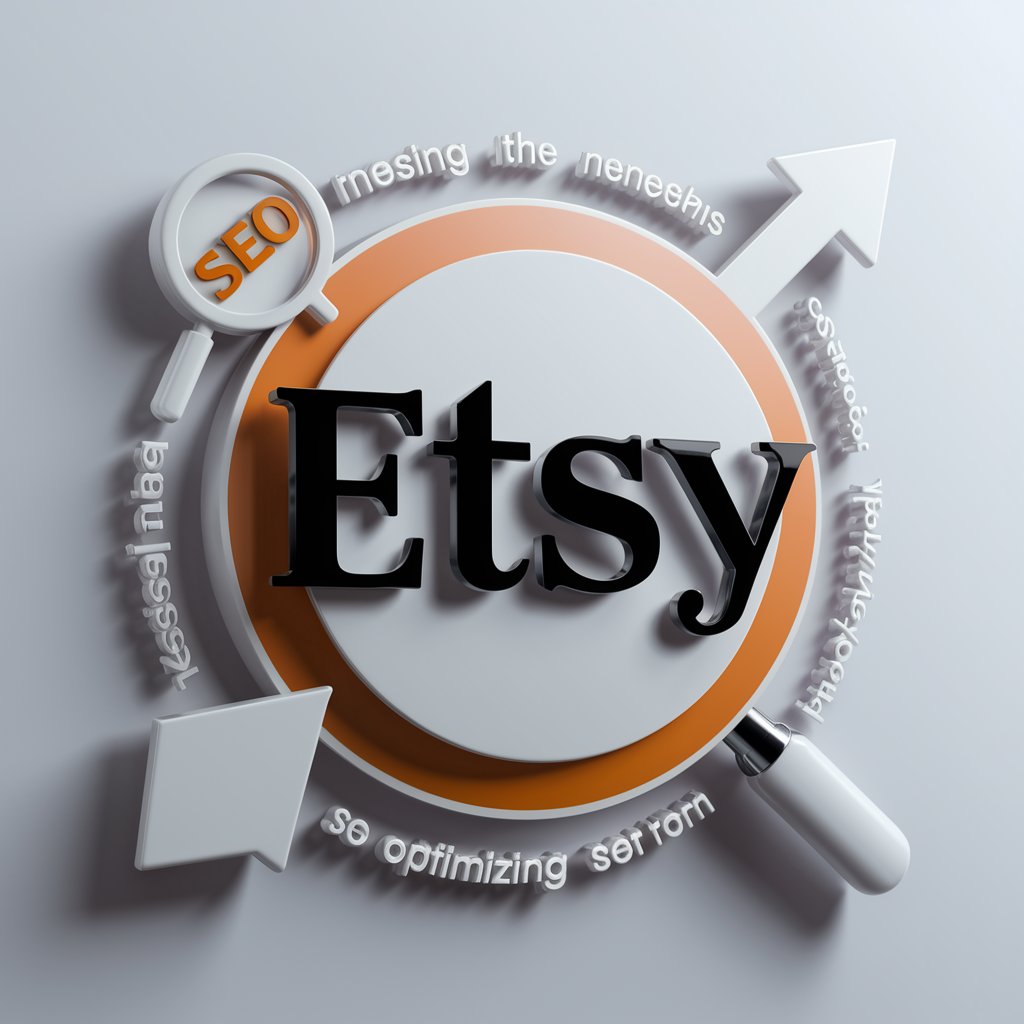
SEO Chic
Enhance Your Etsy Listings with AI

Handmade Description Assistant
Craft Your Creativity with AI
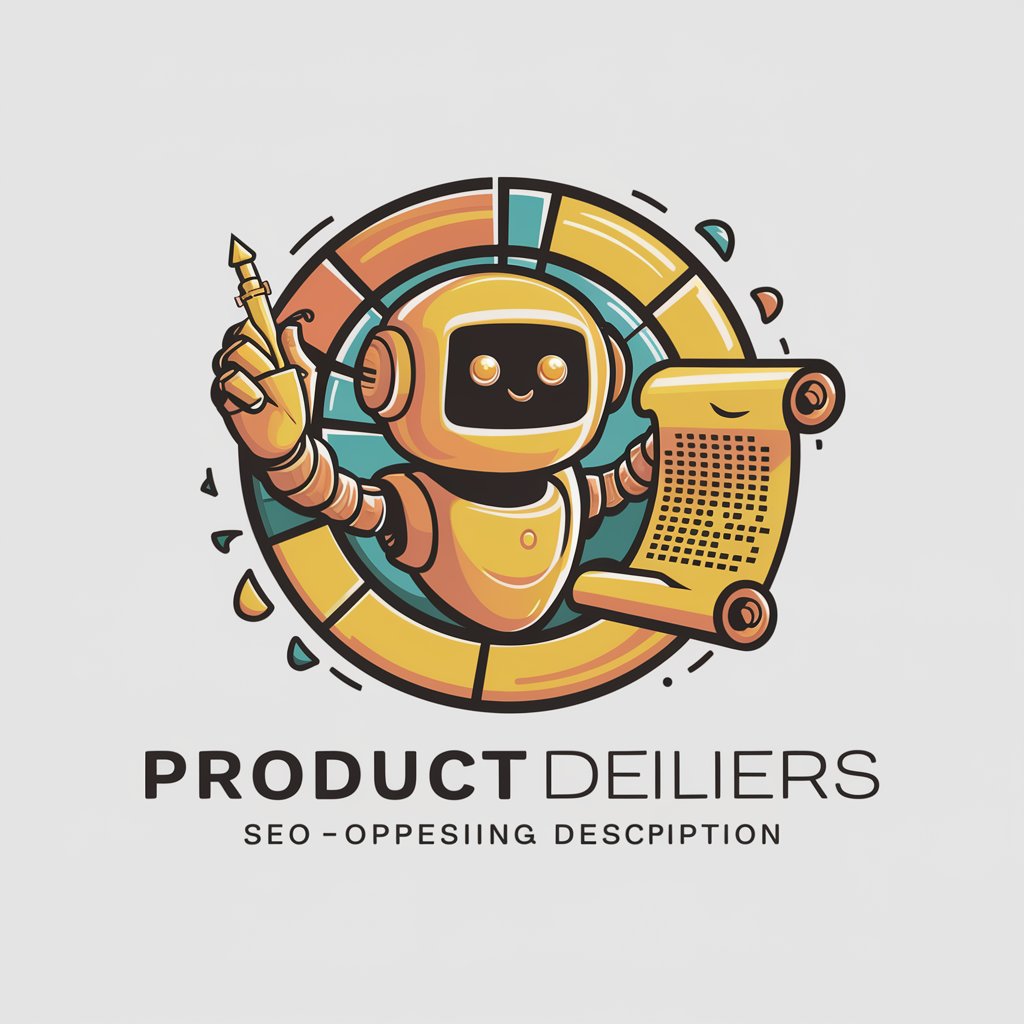
Indie Shop SEO Navigator
Elevate Your Etsy Shop with AI-Powered SEO
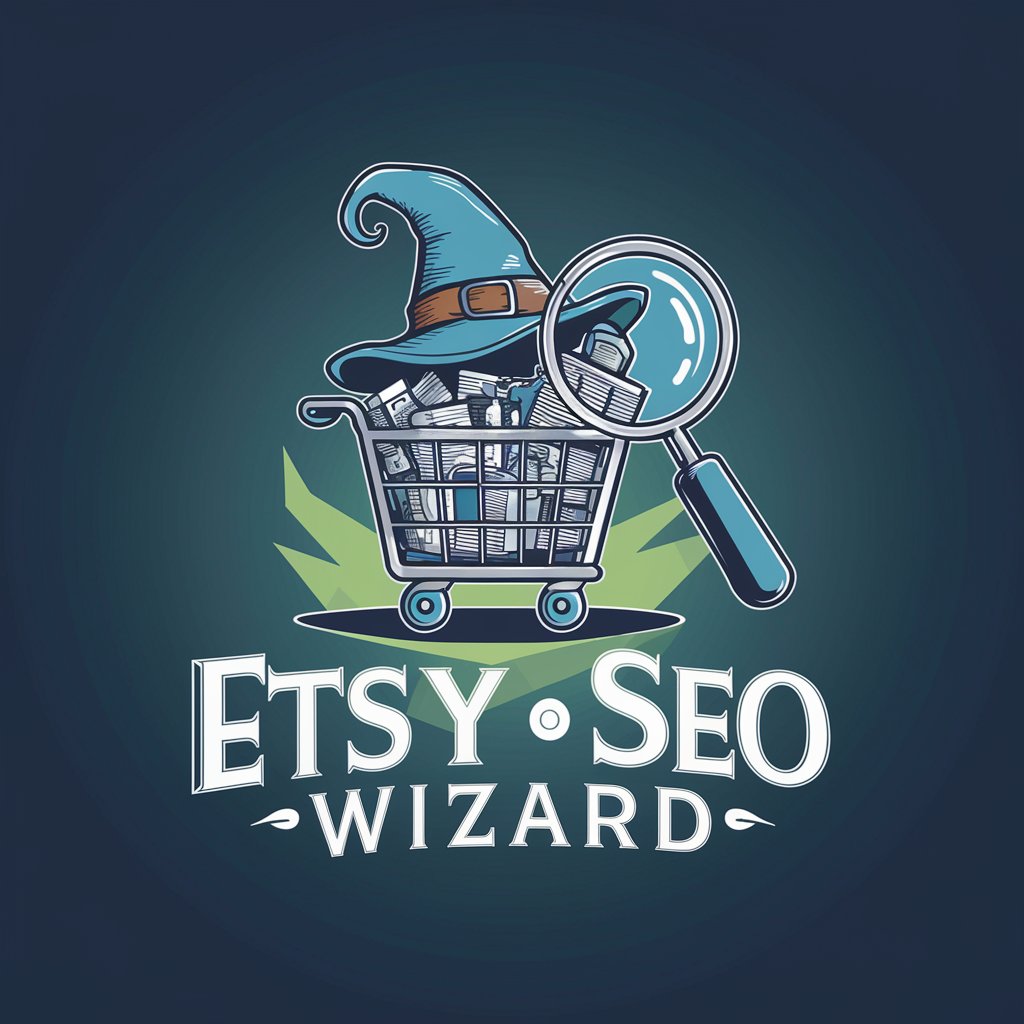
Org Chart Assistant
Visualize Your Team Structure, AI-Powered
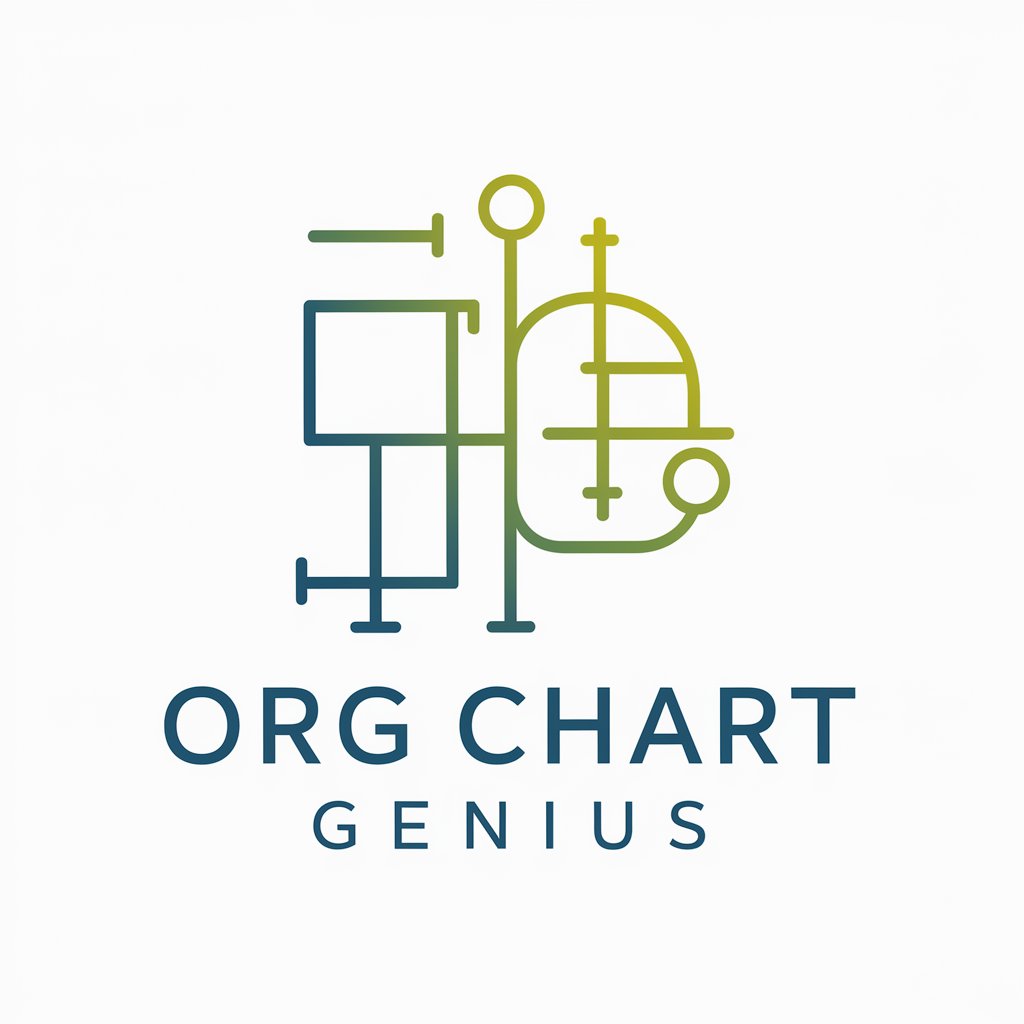
Graphs and Chart Assistant
Decipher Complex Data with AI
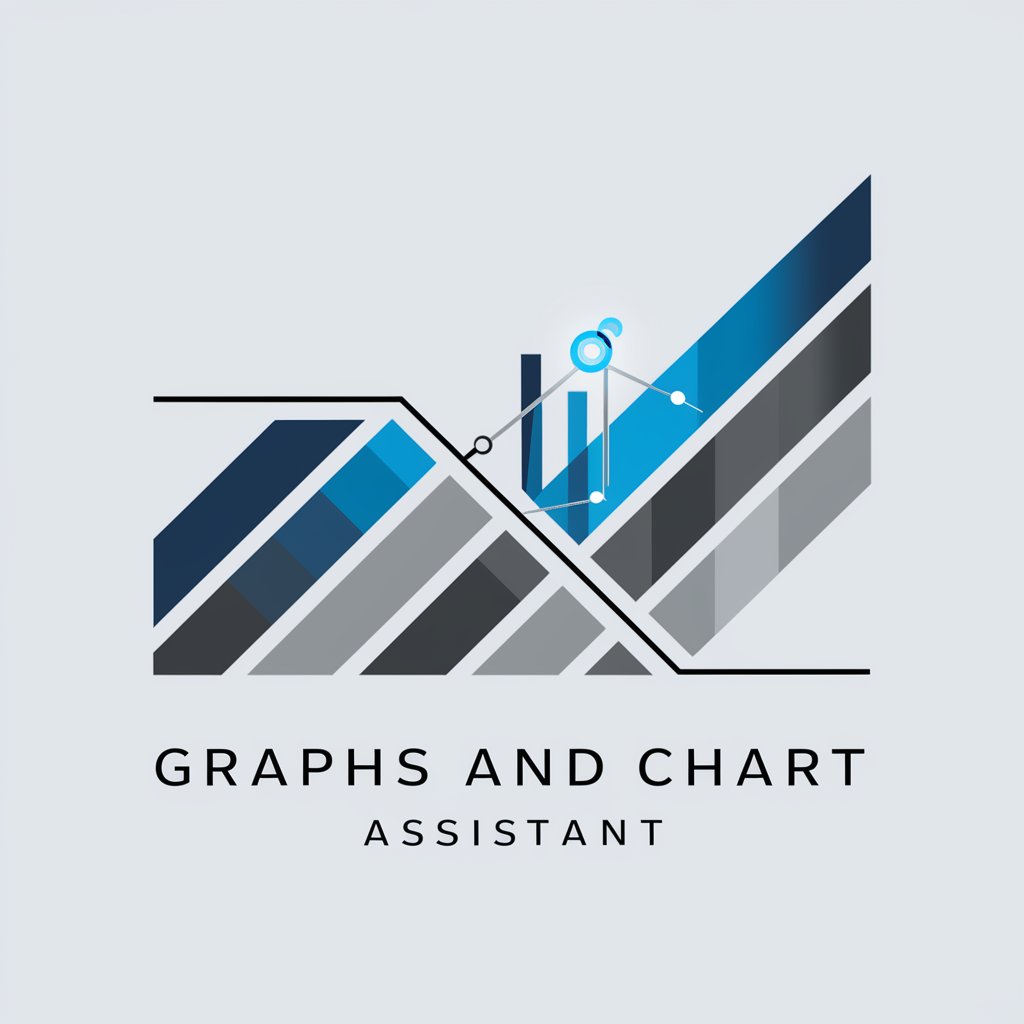
Astrolog GPT Birth Chart Horoscope Natal chart
Unveil Your Cosmic Blueprint with AI

GPT Cataloger
Navigating AI tools with ease

AwesomeGPTs
Empowering you with AI specialization
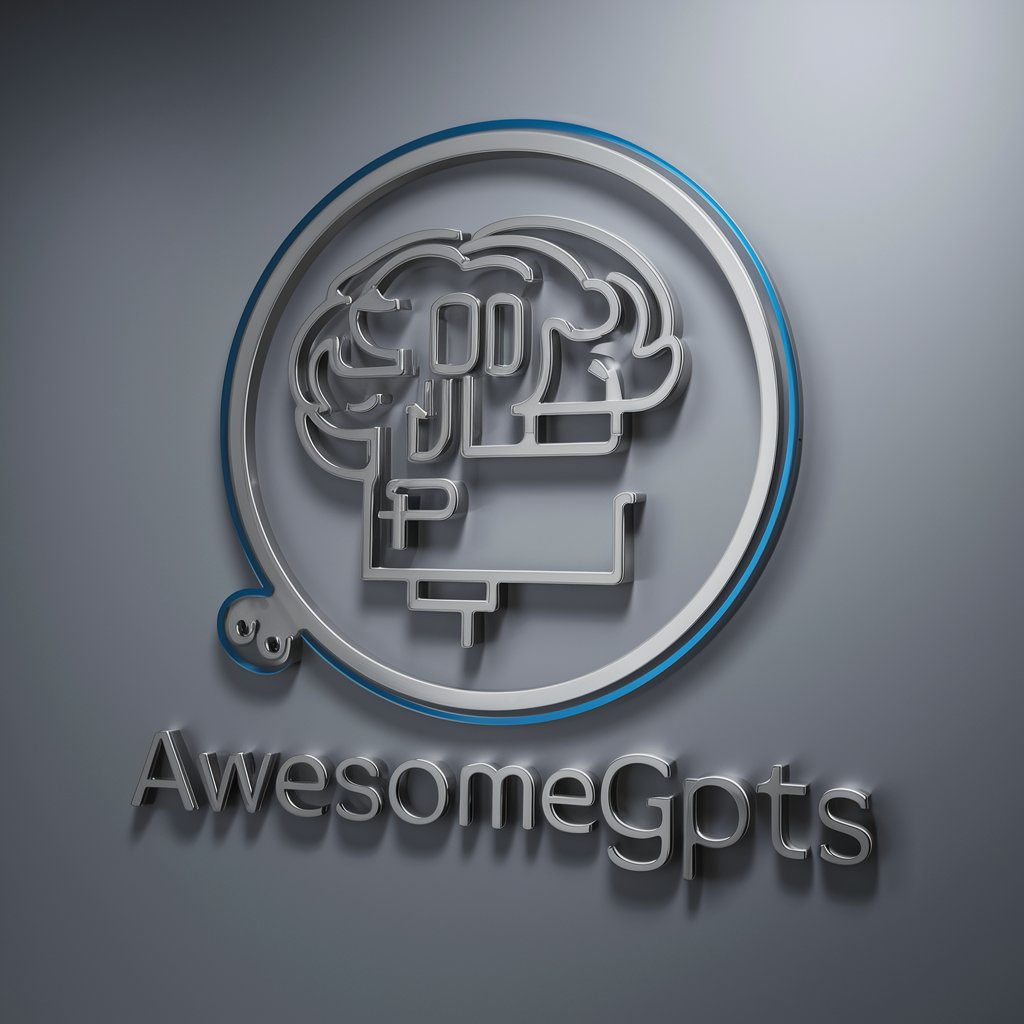
Finde das beste Custom GPT für deine Bedürfnisse
AI-Powered GPT Matchmaking

Common Questions about Organizational Chart Architect
What is Organizational Chart Architect used for?
It is designed to create customized organizational charts for businesses, non-profits, academic institutions, or any organization. Users can visualize structures, hierarchies, and departmental relations in a professional format.
How customizable are the charts generated?
The tool allows significant customization. Users can modify roles, hierarchies, relationships, and design elements to fit the specific needs of their organization or project.
Do I need special knowledge to use Organizational Chart Architect?
No specialized knowledge is required. The interface is intuitive, and the tool guides you through the process of creating a chart based on the information you input. However, having clear information about your organization’s structure will make the process easier.
Can I use the tool for non-business purposes?
Yes, the tool is versatile and can be used for any type of organizational structuring, whether for academic institutions, charities, project teams, or even personal organization.
Is there a limit to the size of the organization that can be charted?
There is no strict limit on organization size. Whether you are charting a small team or a large corporate entity, the tool can scale accordingly to handle complex hierarchies.